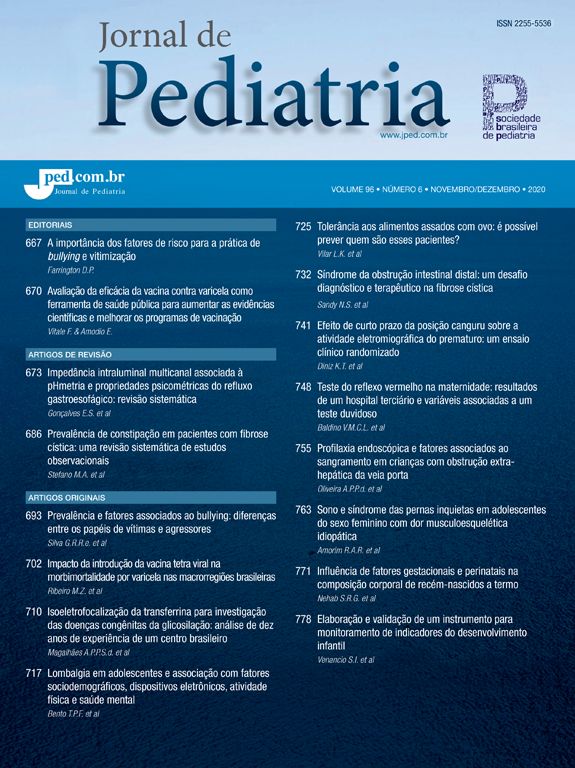Epidemiologic principles and methods have been widely employed in clinical research. The purpose of this paper is to discuss basic epidemiological concepts applied to the investigation of the determinants of infant diseases. The theoretical framework outlines the hypothesis of the investigation. The design of the study is chosen accordingly. Exposure and outcome are defined, and the sampling criteria and the strategies for its implementation are specified. The researcher can be an observer ( as in cross-sectional, cohort and case-control studies) or can determine who will be exposed in the experimental studies (clinical trials). Cross-sectional study is the easiest one to conduct, since exposure and outcome are assessed simultaneously in a well-defined population. In a cohort study, a group of people is assembled according to the exposure and followed over time to detect who will develop the outcome. In a case-control study, people are selected based on disease status. Then, they are investigated about previous exposures which could be associated with the development of the disease. The investigator allocates the exposure and then follows the participants to assess the outcome in clinical trials. Contrasting with the experiment developed in laboratory, the subjects are human beings.
O fator de impacto mede o número médio de citações recebidas em um ano por trabalhos publicados na revista durante os dois anos anteriores.
© Clarivate Analytics, Journal Citation Reports 2025
O CiteScore mede as citações médias recebidas por documento publicado. Mais informação
Ver maisSJR é uma métrica de prestígio baseada na idéia de que todas as citações não são iguais. SJR utiliza um algoritmo similar ao page rank do Google; é uma medida quantitativa e qualitativa ao impacto de uma publicação.
Ver maisSNIP permite comparar o impacto de revistas de diferentes campos temáticos, corrigindo as diferenças na probabilidade de ser citado que existe entre revistas de distintas matérias.
Ver mais








